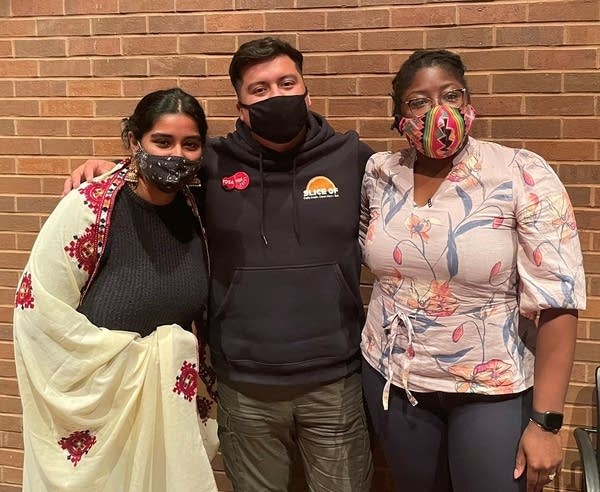Socialism comes to the Minneapolis City Council
Three young Democratic Socialists secured seats across the city are eager to pass progressive policies to benefit the city’s working class

Newly-elected Minneapolis City Council members (from left to right) Aisha Chughtai, Jason Chavez and Robin Wonsley Worlobah are all Democratic Socialists.
Sean Lim
Go Deeper.
Create an account or log in to save stories.
Like this?
Thanks for liking this story! We have added it to a list of your favorite stories.


